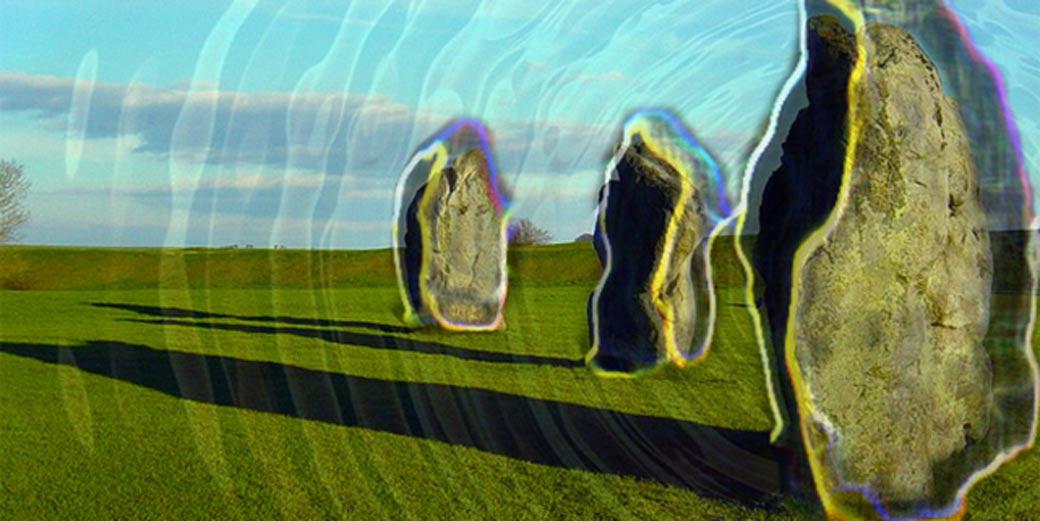It doesn’t take much to stimulate the human body’s electro-magnetic circuitry; a small change in the local environment is enough.
People who visit ancient temples and megalithic sites often describe experiencing a strange sensation. The standard explanation is that such feelings are nothing more than a “wow” factor, the result of visual stimuli from the overwhelming impression generated by megalithic constructions, such as stone circles, ancient temples, and pyramids.
But the cumulative evidence suggests otherwise, that megaliths and other ancient sacred places are actually attracting, storing, and even generating their own energy fields, creating the kind of environments where one can enter an altered state of consciousness.
Generating Energy Fields
In 1983, a study was undertaken by engineer Charles Brooker to locate magnetism in sacred sites. The test subject was the Rollright stone circle in England. A magnetometer survey of the site revealed how a band of magnetic force is attracted into the stone circle through a narrow gap of stones that act as the entrance.
The band then spirals towards the center of the circle as though descending down a rabbit hole. Two of the circle’s western stones were also found to pulsate with concentric rings of alternating current, resembling ripples in a pond.
